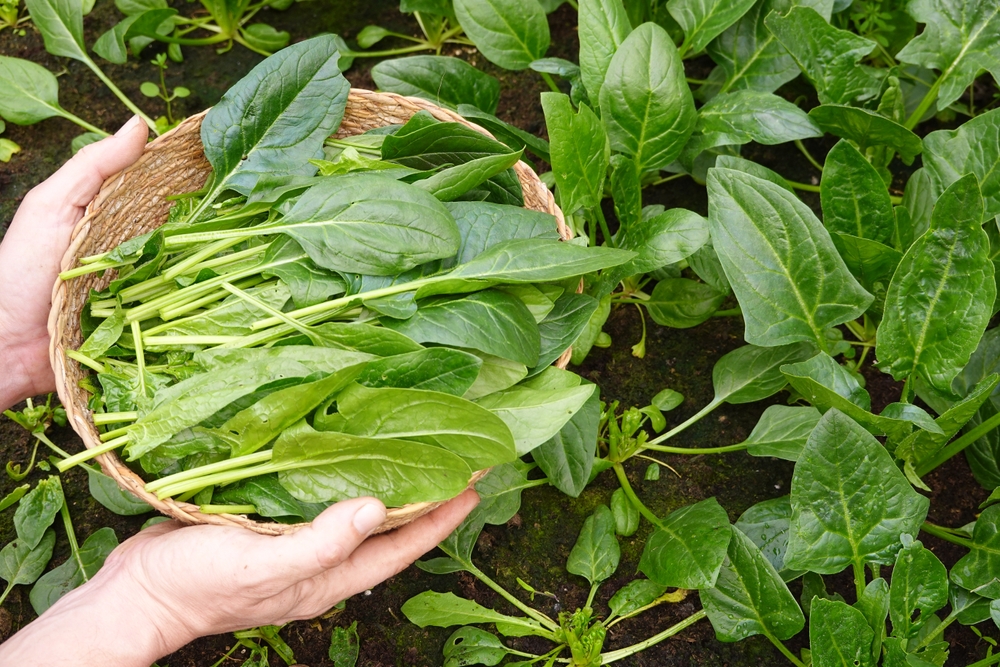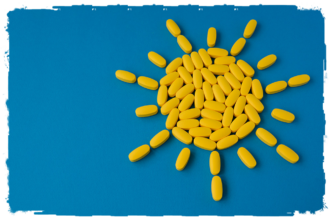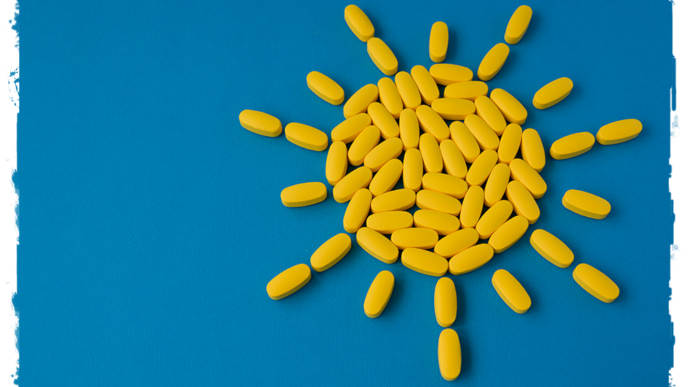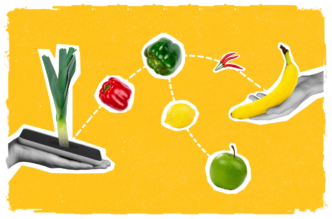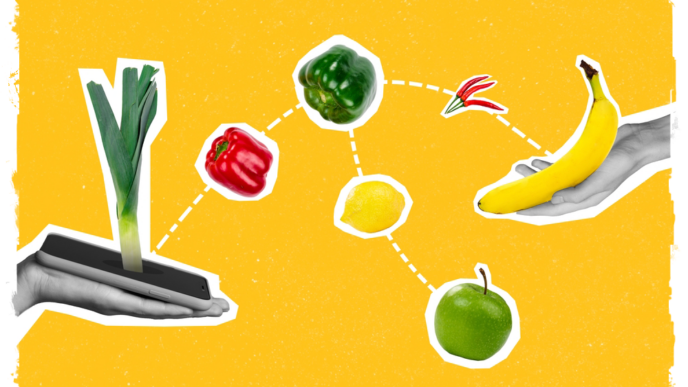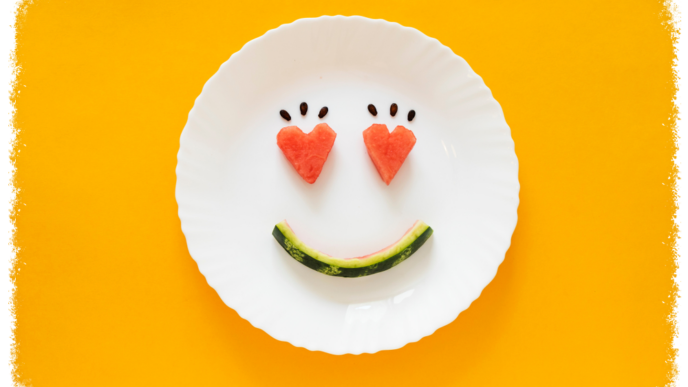WORDS PROFESSOR DR WINNIE CHEE SIEW SWEE
 FEATURED EXPERT FEATURED EXPERTPROFESSOR DR WINNIE CHEE SIEW SWEE Professor, Nutrition & Dietetics IMU University |
AN INTRODUCTION TO OXALATES
Oxalate is a naturally occurring chemical compound also known as dicarboxylic acid.
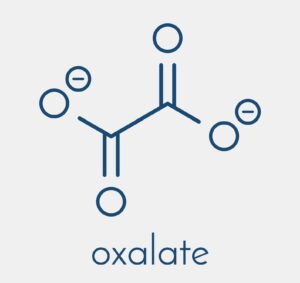
It is present in a wide range of foods, mainly plant foods such as vegetables, grains, legumes, and fruits in varying amounts.
COMMON FOODS HIGH IN OXALATES |
Note that there is inadequate data when it comes to local foods, so our knowledge is primarily based on Western data. Here are some common examples of foods high in oxalates:
|
OXALATES IN THE HUMAN BODY
- Healthy individuals maintain a normal plasma oxalate concentration of 1 to 5 micromoles (μM).
- The main source of oxalates in the body is the liver. The liver makes, through endogenous production, up to 80% of the total body oxalate levels.
- The remainder 20% of oxalate contribution is from the foods we consume.
- Oxalate can bind to certain minerals, especially calcium, in the gastrointestinal tract and be excreted through the faeces.
- Excretion of oxalate via faeces along with urinary excretion are ways in which our body maintain its oxalate levels.
- Oxalates can also be broken down by specific bacteria that live in our gut.
WHAT HAPPENS WHEN THE OXALATE LEVELS IN OUR BODY IS TOO HIGH OR TOO LOW?
The gut is an important organ to limit the net absorption of oxalate into the blood.
Situation 1: Low-Calcium Diet
- In a low-calcium diet, there will be high amounts of free oxalates absorbed into the blood.
- The kidney will have to process higher amounts of oxalates for excretion through the urine.
- This can lead to formation of kidney stones that consist mainly of oxalate stones.
Situation 2: Higher Than Normal Oxalate Production in the Body
The primary cause of high oxalate production in the body is the presence of genetic disorders.
This can increase the risk of chronic kidney failure.
Other possible causes of elevated oxalate levels in the blood include:
- Having undergone gastrointestinal surgeries
- Inflammatory bowel diseases
- Malabsorption syndromes, which are conditions that cause the body to experience difficulties in absorbing nutrients from digested foods.
WITH ALL THIS INFORMATION AT HAND, DOES THIS MEAN THAT FOODS HIGH IN OXALATES ARE NOT SAFE FOR CONSUMPTION?
Healthy Individuals
Foods only contribute about 20% of the total oxalates in our body.
Therefore, oxalate consumption is not an issue for healthy individuals. This includes spinach and other foods high in oxalates.
Being fearful of oxalate content is not a good reason to avoid fruits and vegetables. More than 95% of Malaysians do not eat the recommended 5 servings of fruits and vegetables in a day!
The benefits of fruits and vegetables in providing fibre and antioxidants to prevent diseases should not be undermined by our fear of oxalates. For example, spinach is a good source of fibre, iron, vitamin C, calcium, potassium, and magnesium.
How About Individuals That Are Not Entirely Healthy?
Consumption of foods high in oxalate may need to be controlled when:
- The blood oxalate levels are elevated due to the presence of oxalate kidney stones.
- There is a risk of chronic kidney disease.
- Any other medical conditions as stated above.
Even then, the situation is not as simple as simply to stop eating foods high in oxalates.
For individuals with a history of kidney stones especially oxalate stones, for instance, it is important that they practice healthy eating habits such as:
- Drink plenty of water, at least 2 litres a day.
- Consume adequate calcium (800 to 1,000 mg a day) from dairy sources such as milk, yoghurt, and cheese.
- Reduce intake of sodium or salt, as high sodium intake can cause the loss of calcium via the urine.
While a low oxalate diet is also recommended, one should consult a dietitian to ensure that the avoidance of foods high in oxalate is balanced by the consumption of other foods to ensure nutrient adequacy.
| Hence, don’t self-treat. Get proper medical advice from healthcare professionals such as your doctor and dietitian! |
| This article is part of our series on foods and how consuming these foods can affect various aspects of our health. |


